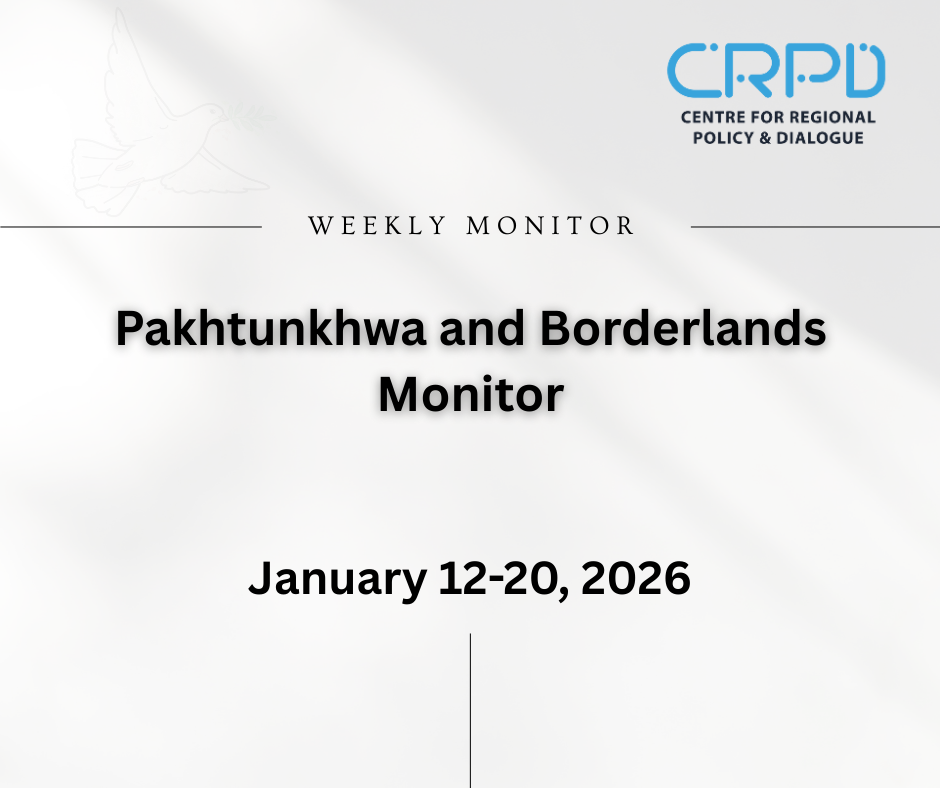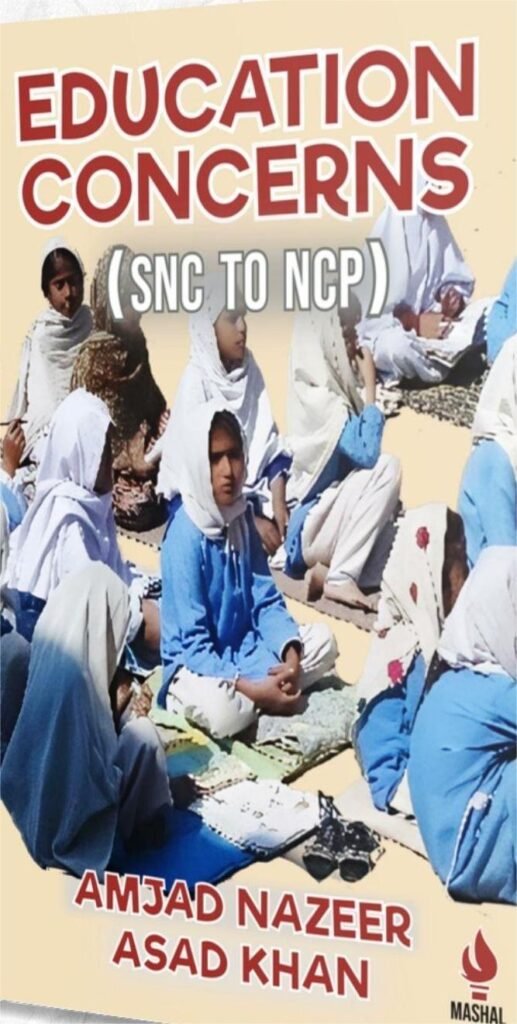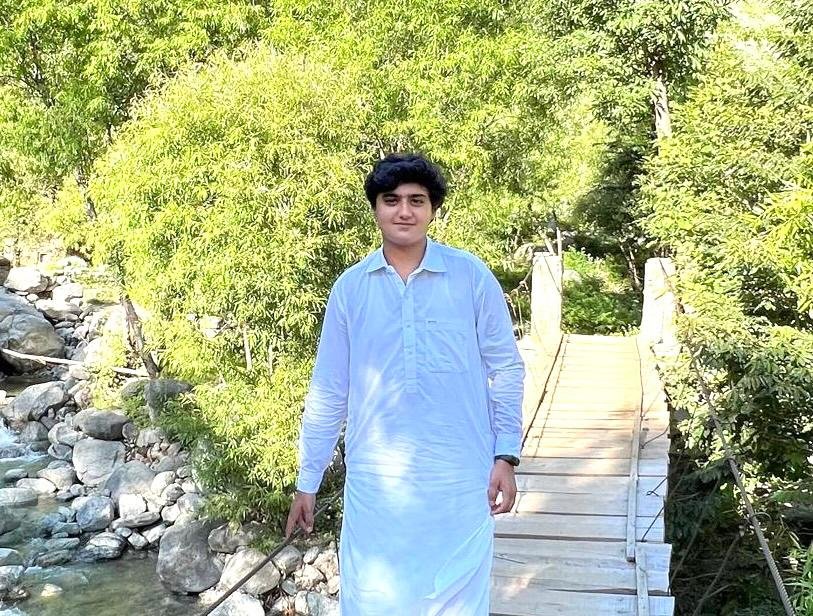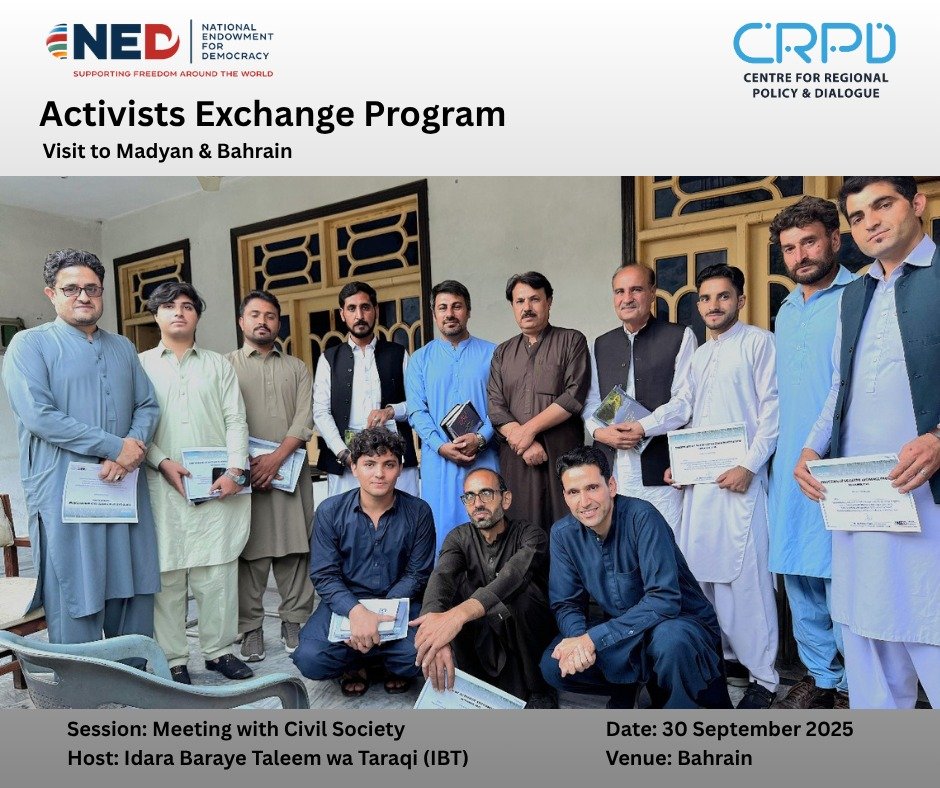Rising Tensions and Straining of Diplomatic Relations between Pakistan and Afghanistan
By Muhammad Israr
07 January 2025
Relations between Pakistan and Afghanistan are becoming tense due to the activities of the Tehrik-i-Taliban Pakistan (TTP), an armed extremist group operational in Pakistan and Afghanistan. The TTP has recently carried out many attacks in Pakistan causing considerable casualties. These attacks, along with military actions and protests, have put the relationship between the two countries under great stress and strains.
Prime Minister Shehbaz Sharif has clearly stated that Pakistan cannot accept the TTP’s operations from Afghan soil. He said that while Pakistan wanted cordial relations with Afghanistan, the ongoing terrorist attacks from Afghanistan were a serious concern for Pakistan. He added that Pakistan was prepared to talk but only if Afghanistan took palpable action to stop the TTP from attacks in Pakistan. Recently, 16 Pakistani soldiers were killed in South Waziristan, a district of Khyber Pakhtunkhwa near the Durand Line. The TTP took responsibility for the attack making the situation even more precarious.
In December 2024, Pakistan’s Special Envoy to Afghanistan, Ambassador Muhammad Sadiq, visited Kabul in an attempt to improve relations. His goal was to convince the Afghan Taliban to take visible action against the TTP. However, the visit was overshadowed by an airstrike carried out by Pakistan in Afghanistan’s Paktika province. The strike targeted TTP bases and killed nearly 50 people including women and children. Afghanistan condemned the airstrike calling it a violation of international laws.
Pakistan’s military defended the airstrike, saying it was part of the ongoing operations aimed at removing terrorist groups from the border areas. The Pakistani military has expressed growing concern that Afghanistan is allowing groups like the TTP to operate freely, which is a direct threat to Pakistan. So far this year, Pakistan’s military has reported killing 925 militants in various operations.
Both Pakistan and Afghanistan share important economic and strategic interests, such as trade and regional cooperation. However, these efforts are being purportedly blocked by Afghanistan’s failure to take action against the TTP. This has led to frustration among the government circles in Pakistan, which are of the view that Afghanistan should engage in talks only after taking concrete action against the armed private militia of TTP.
The situation is made more complicated looking at the history of problematic relations between the two countries. Pakistan is said to have remained a safe haven for Taliban leaders and fighters, some of whom played a role in the rise of the emirate in Afghanistan. In 2021, Pakistan supported the Taliban’s return to power in the hope of strengthening its influence in Afghanistan. However, the rise of the TTP, which claims to impose its strict interpretation of Islamic law in Pakistan, has become a serious security issue for Pakistan.
Despite these challenges, Pakistan is still trying to find a diplomatic solution. Recently, Pakistan has resumed talks with Afghanistan, even sending a high-level delegation to Kabul to restart dialogue. However, the Afghan Taliban has been unwilling to take real action against the TTP.
As tensions between the two neighboring countries rise, Pakistan’s government has made it clear that its main concern is the safety and security of its people. While talks are still on the table, Pakistan insists that it can only continue talks if Afghanistan takes serious steps to deal with the TTP. Pakistan has also asked the international community to help pressure Afghanistan to take responsibility for the armed private groups operating from its territory.
The violence and political deadlock have put the future of Pakistan-Afghanistan relations at risk. The situation is getting more complicated with the passage of each new day and finding a solution looks increasingly difficult. What is clear is that Pakistan’s stance on the TTP will not change, and it will continue to protect its security through both diplomacy and military action if needed. The next few weeks will be crucial in deciding whether the two countries can find a way forward to move ahead or relations between the two countries will continue to worsen.
Sources:
CNN , AL Jazeera, Press Release, Dawn, Amu tv, Tribune.com, Nation.com
The writer can be accessed via israr.khan.utmanzai@gmail.com
